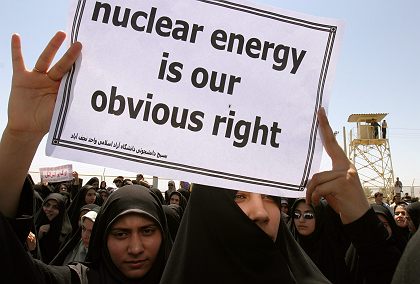In response, Ronan Valentine will write in defence of Europe, whilst David Murray will discuss Sherlock! Not to be missed.
Eighty years ago Britain was a power leading the world. It was the centre of a large and varied empire, with a navy twice the size of any other and a populous of over seven hundred million. The people enjoyed a high standard of living in a country that was not only powerful but also prosperous.
Since these times Britain’s power has been slowly asphyxiated. The naval superiority had shrunk, the empire has all but disappeared, our standard of living has fallen to the average of the Western Hemisphere. Brussels mania has taken Britain by the scruff and is now dragging us into a united Europe.
But to me, being British counts for far more than being European. As a Euro-sceptic I can see through the vision of eternal peace and perfect cooperation to a rather less rosy future of almost nonexistent political rights, high unemployment and massive resource wastage.
At present the links we have with Europe wreak havoc in Britain. The much praised health and safety regulations of the EC only lead to restrictions and limitations on “unhygienic” local produce such as the Arbroath smokies and traditional farmhouse cheese. In a drive for stainless steel and scientific systems of food preparation traditional produce makers are forced out of business – losing not only tradition but also employment.
Unemployment is also occurring in other areas. Fishing is an industry upon which Britain and especially Scotland depend on heavily. Yet the EC can only be seen to have caused severe damage. Fishermen are having limits placed upon their profession continuously. Foreign trawlers misusing Britain’s traditional fishing waters has lead to a shortage of fish. As a result, British vessels are limited on when they can fish, what they can fish and how much they can fish putting many people out of work. Within a federal Europe not only would this industry suffer further, but resources and employment would be poached in other areas, such as the oil industry.
Unfortunately employment is not the only economic problem which is aggravated by European links. Many supporters of unity highlight grants made by the European community for roads, schools and agriculture. On the surface these may seem to be an advantage, closer examination unveiled that these are not what they seem – Britain injects 13.8 billion euros and gets back 10.2 billion euros. Europe doesn’t aid Britain, it costs Britain.
The idea that creating a federal Europe would secure a long term, and stable ear of peace is a popular argument. However, advocates of this idea seem not to realise the problems incurred when a large group of varied races and clumped together. Cultural clashes are inevitable, with the old USSR providing a prime example of the result – poverty, unrest, economic disaster of industry, and inevitable collapse. Britain is a proud and altruistic nation, with strong well-founded traditions. It is hard to accept that our history and passionate culture should be lost, and replaced by a bland , shallow Euro-lifestyle. Federal Europe is a cultural time bomb before it has begun.
The Euro-proposers have one final torpedo with which they attempt to sink our island nation into deep unforgiving European seas. This torpedo is increased political freedom. What they forget is that in Europe, Britain would become just another region and Scotland a mere dot on the map with perhaps three MEPs out of a total numbering six hundred. All this could result in even less influence for voters than at present. There is a conservative government at present, yet very few Scottish MPs belong to this party. within a unified Europe problems of this nature would be further accumulated.
To suggest we should let Britain be sucked into the United States of Europe would be down-right disrespectful to all those who fought and died, to avoid central ruling of Europe. Millions of people died – not just from Britain – to prevent a United Europe, empire, or third Reich – call it what you will, it all comes down to the same thing. Like our grandfathers and our grandfathers before them battling for freedom against a European dominator, so must we. We should rise to the challenge and protect Britain’s interests and prosperity by preventing European unity. This is not to say that the people of Britain are more different or even imperious to the peoples of other European nations – each nation is different is every way – but instead it is to say that we will not sacrifice our values, surrender our traditions, capitulate our culture and forfeit our freedoms at any price. This is Britain and were here to stay.
By Lewis Clark









